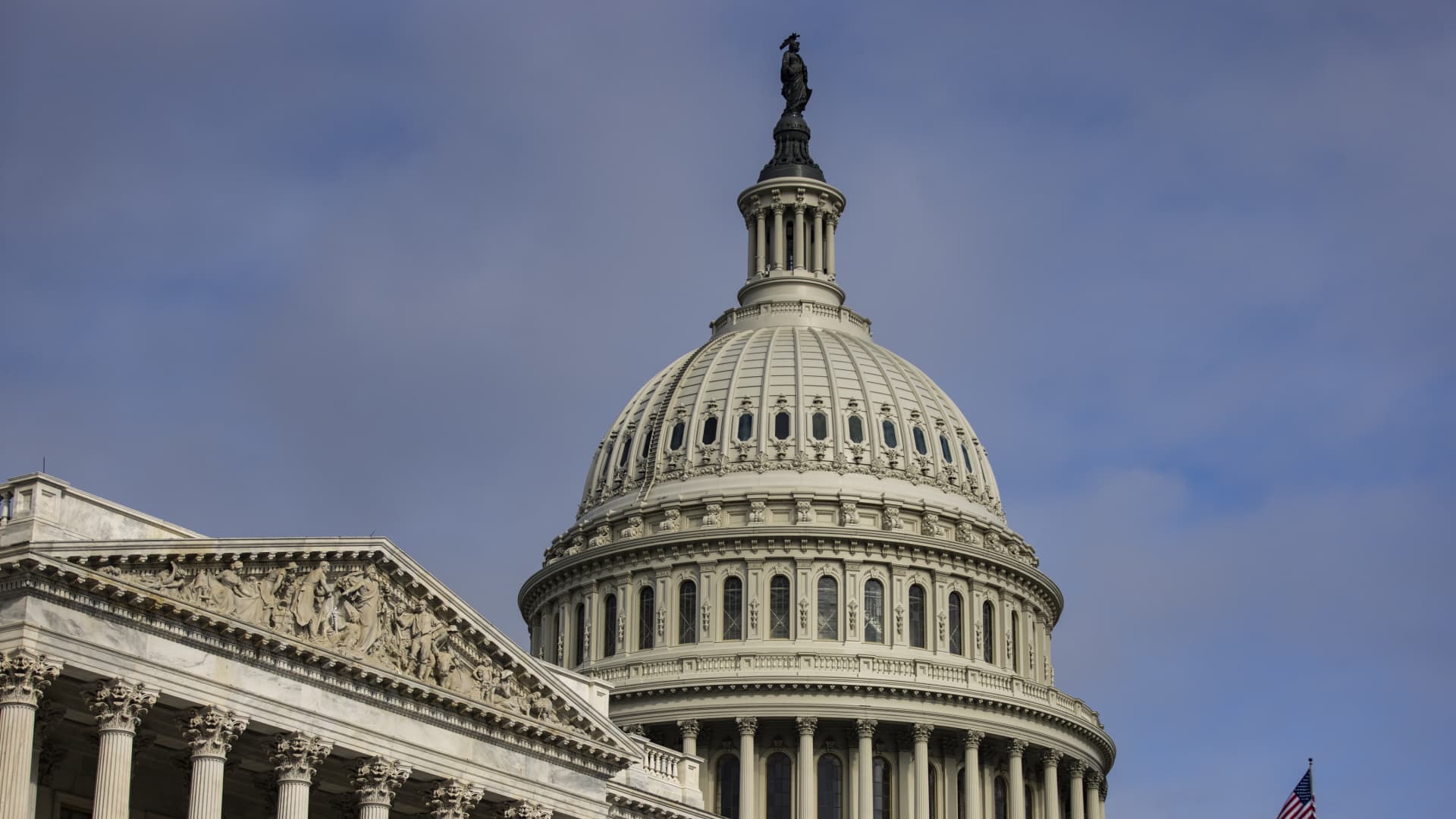The Senate Finance Committee on Wednesday unanimously approved a series of proposals that make full congressional passage of a retirement-improvement package more likely this year.
Called the Enhancing American Retirement Now (EARN) Act, the measure contains some provisions that are the same or similar to those proposed in the House, which passed the Securing a Strong Retirement Act (H.R. 2954) in late March in a bipartisan 414-5 vote.
Known as “Secure 2.0,” that bill is intended to build upon the original Secure Act of 2019, which ushered in changes aimed at increasing retirement security by increasing access to workplace savings plans, among other efforts.
More from Personal Finance:
Cost to finance a new car hits a record $656 per month
How to get started building credit as a young adult
Stimulus checks rewired how some Americans see money
The Earn Act “includes more than 70 proposals aimed at helping more Americans save — the culmination of months of collaboration between just about every member of the committee, Democrat and Republican,” said Finance Committee Chairman Ron Wyden, D-Ore., in opening remarks at the Wednesday hearing.
Committee approval of the EARN Act comes about a week after the Senate Health, Education, Labor and Pensions Committee advanced another retirement-related measure called the Rise & Shine Act (S. 4353). Together, the bills are the Senate’s version of Secure 2.0.
Many provisions on the Senate side are the same as what cleared the House, including one to make it easier for employers to make contributions to 401(k) plans (and similar workplace plans) on behalf of employees who are making student loan payments instead of contributing to their retirement plan.
Other similarities between the two chambers’ proposals include allowing older workers to save more through so-called catchup contributions to their 401(k) and raising the age when savers must begin taking required minimum distributions from their retirement accounts.
However, the differences between the two chambers’ proposals would need to be worked out before full congressional approval could occur. Senate lawmakers said during the Wednesday committee hearing that they are in conversation with their peers in the House to reach agreement on a final version.
